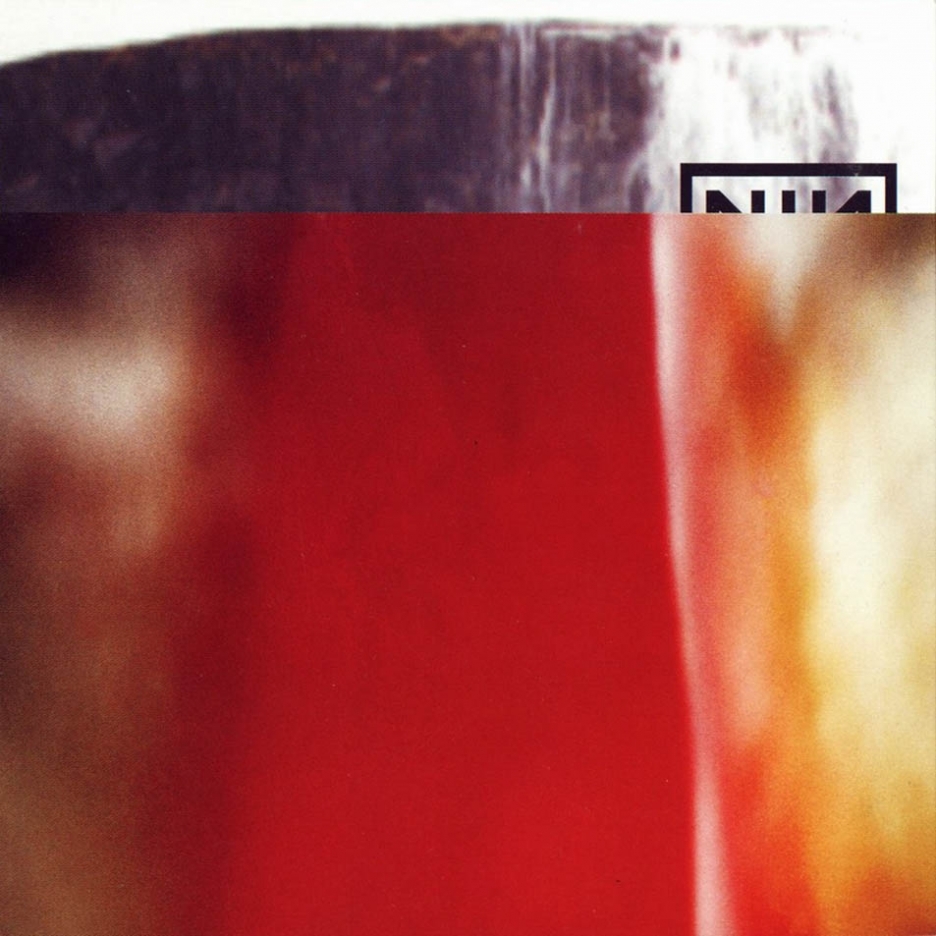Understanding Art
The first time I ever dug myself into a hole I couldn't get out of on the internet, I sided with film critic Roger Ebert after he claimed video games would never be art. Ebert's argument was crass and dismissive but I still don't think he was wrong: strip a video game to its bare essentials and its nature is going to emerge. Video games are a competition: between players or between players and AI. Sure, they're artistically minded competitions but strip Doom of everything except the beginning, mass killings, level-switching, minimal visual support and an ending and Doom will still be Doom. Gamers still interact with the game the same way.
Of course, some games have challenged my perception of the entire medium since then. The point of Journey is to basically imbue a visually inspiring experience with your own meaning. The competition Heavy Rain submitted its players to consisted in making difficult moral choices and taking decisions under considerable amounts of artificially induced stress. I still don't believe murdering 3,165 people (my actual Grand Theft Auto: San Andreas * kill count) constitutes a meaningful artistic experience, but video games are getting there. They don't need to, but they are anyway.
That slight shift in perception lead me to ask myself: what is art exactly? How do you know if you're making art and does it matter if you do? I've come up with answers I'd gladly debate with you.
So, what IS art?
The definition of art is purposefully vague. My favorite ones is from Google: "the expression or application of human creative skill and imagination, typically in a visual form such as painting or sculpture, producing works to be appreciated primarily for their beauty or emotional power." The last part of that sentence is what interests me here. Art is something which exists to awe and/or challenge its audience. This is the reason why everybody argues about what is art and what's not all the fucking time.
Because the boundaries are never the same for any person. The only clear thing about art is that it must primarily exist to be appreciated by its audience. For example, Jeremy Robert Johnson's short story collection Entropy in Bloom is art, but Stephen R. Covey's Seven Habits of Highly Effective People is not because it can exist within an artless context. Sure, it's beautiful in its own way because it champions human improvement but the reason it PRIMARILY exists is to share valuable information. It could exist and make sense as bullet points and Entropy in Bloom couldn't.
The rest is all up in the air.
Art vs Pop Culture
This is where the debate starts getting heated. Is there a line between art and entertainment and if there is: where is it? I believe it was Bret Easton Ellis that made an important distinction in his podcast with Marilyn Manson when talking about cinema vs television: there is art and there is content. The difference between both lies in intent. Wikipedia lists 9 different kinds of motivations to make art but they could be funneled into only one: communication. Are you actually SAYING something with your art or are you merely trying to tend to an audience need of your creation? The latter might be slightly less noble, but not meritless in any means.
Take the television series Numb3rs for example, which I loved. It couldn't be any more artless. Every episode, an FBI agent and his mathematician brother solve crimes using math. It's hilariously predictable, formatted and the only relationship you can possibly entertain with that series is trying to find the culprit before the brothers do. Numb3rs is not art and it probably wouldn't be as good if it was because it would involve less maths and less murders. It says only one thing every week: math is like a superpower. 119 episodes exist because people kept tuning-in.
So, ask yourself the question. Is it born from a need to communicate something or is it merely tending to a need the audience is believed to have, like every unwanted sequels and reboot you're currently being subjected to? **
Is Art more noble than Entertainment?
This is the part where I paint myself in a corner again. Art became mass produced with the industrial revolution and the advent of cinema and its relationship to audiences was forever altered. Art is irrevocably marketed as entertainment by cinema studios, television channels and publishing companies for reasons that are more political than artistic. Everything will come at you packaged as entertainment. Everything. Your only freedom is to think critically about what you're being subjected to and reject garbage you're being charged for.
But I don't want to get too political here.
Art is not necessarily more noble than entertainment because the line between both is different for audiences. I thought the latest X-Men movie Logan didn't pack any surprises, yet some people were moved to tears by it. The difference between art and entertainment basically lies in how seriously you take it. It's a boring answer, but it's the best I can come up with. It's the audience's job not to sit idly and eat everything that's on the menu, just because it is offered. Art is not "what you make it" but it's what moves you and challenges your perception of the world. That means different things for different people, but that also involves taking your own feelings about art seriously.
* My favorite video game ever, by the way. There is something to be said about it making you experience different social classes through the same character in groundbreaking ways. Maybe it is art.
** I can already hear you questioning my choice of putting Jackson Pollock on the cover of this article, which is very shrewd o you. Pollock's art is basically doing for painting what James Joyce did for literature: it broke the shackles of conventional thinking. Suddently, there was no one way of doing things anymore and this is something Pollock made a career at expanding on.






